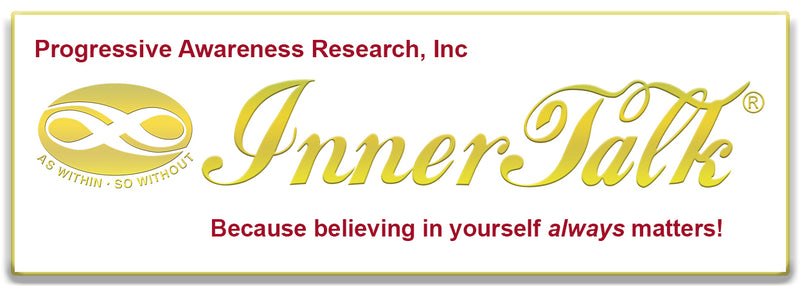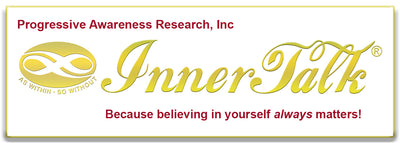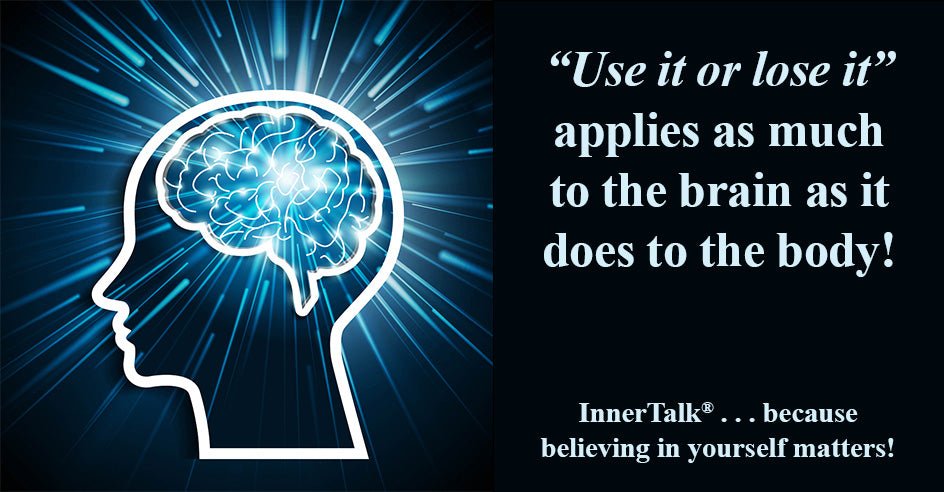The Cost of Sleeplessness
Sleep has become a common problem for many. Are you feeling tired, lacking energy, lethargic, easily irritated, depressed, anxious, or just finding yourself sleepy during the middle of the day? If so, you probably aren't sleeping regularly, getting sufficient sleep, or sleeping deeply enough to allow your mind and body to adequately recharge. Sleep is analogous to the electric current we use to power our devices, and when the charge is low, the device becomes unreliable and eventually stops working.

Sleep Disorders
Nowadays, people suffer from various forms of sleep disorders. Some report that their mind is going all the time, others feel too tense and anxious to sleep properly, while still others find it difficult to maintain a regular sleep pattern. Often, gaming and/or the use of electronics before bedtime can make it tough to fall asleep, or cause us to sleep to lightly. Unlike that reliable electric wall socket, recharging our own systems can require special effort including perhaps some training and discipline.
According to the American Psychiatric Association there are several different sleep disorders. They include insomnia, sleep apnea, parasomnias, narcolepsy, and restless leg syndrome. Today about 35 percent of Americans report their sleep quality as "poor" or "only fair. This when more and more evidence informs us of how important sleep is to both our mental and physical wellbeing. Indeed, the consequences of a lack of sleep include: fatigue, irritability, inability to focus, depression, anxiety, heart disease, diabetes, osteoarthritis and Parkinson's disease.1
Routines
If you suffer from poor sleep, here are some ways you can improve the quantity and quality of your sleep beginning now.
- First, start by setting up a regular sleep schedule. It's helpful to do something like read for one hour every evening before turning out the lights.
- Set a time that you will go to bed every evening and avoid electronic devices for at least one hour before bed.
- Avoid meals and snacks before bedtime. Meals should be eaten some 3 hours in advance and small snacks at least one hour before bedtime.
- You may well find the 3 2 1 rule for sleeping helpful—3 hours before bed: no more food or alcohol; 2 hours before bed: no more work; 1 hour before bed: no more screen time (shut off all phones, and computers).
- Make sure your bedroom is quiet, dark, and comfortable.
- Foods that promote restful sleep include: almonds, turkey, chamomile tea, bananas, and milk.2 (Foods that disrupt sleep and should therefore be avoided include: alcohol, caffeine, fats, heavy spices.3
- Take time to relax before bedtime. One of my favorite ways to do that is a good television comedy show, usually about ½ hour. This way I go to bed after a good laugh and feeling more cheerful than I might otherwise.
Wishing you many consecutive nights of deep, peaceful sleep!
Eldon Taylor
Sources
- Torres, F. 2020. "What are Sleep Disorders?" American Psychiatric Association.
- Elliott, B. 2023. "The 9 Best Foods and Drinks to Have Before Bed." Healthline. February 22, 2023.
- Pathak, N. 2023. "Foods That Help or Harm Your Sleep." WebMD. February 9, 2023.





Leave a comment